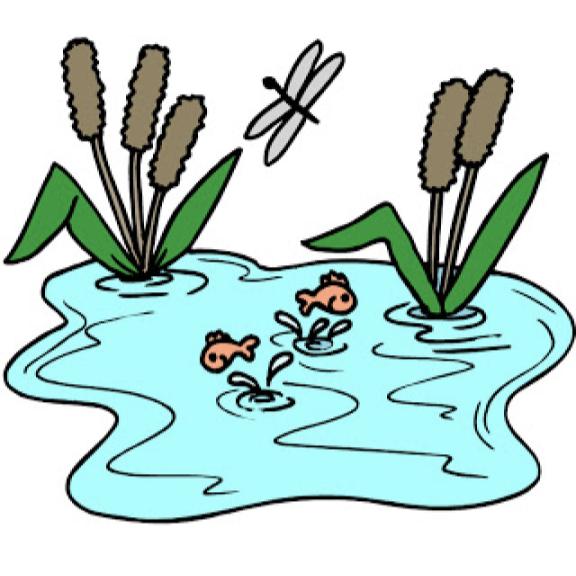Reflection on Literature and Kafka
Assuming the common starting point of solipsism that we all share, and hopefully lose at some point during childhood or adolescence, we can all now ask ourselves the question: at what point am I happy with my understanding of my relationships with others? To which we might respond: it's a never-ending battle. It's even what defines life, a constant struggle to live among other minds. Now if it's not a never-ending battle, perhaps it is literature that will take us to the end. Certainly we'd like to think we could do it without literature, but I think it's safe to say that literature would facilitate an understanding of relationship. But then there remains a question: how do we bridge the gap between what we learn from the text of the literature--what we observe from the safe vantage point as reader--and our own lives? Weinstein mentioned in one of his discussions that (I paraphrase) it's easier to judge characters in a novel than the characters in our own lives. I agree, and think it upsets the direct transaction between literature and real relationships. It says that the process is not as simple as (1) we read a text, (2) we analyze and draw inferences from the text, and (3) we apply these inferences back to our everyday lives.
To read Kafka's stories is to step into Kafka's world. In this world there is a "law of metamorphosis." There is also an accentuated father/son relationship. How are we to then step out of that world and back into our own? Another writer may have equal and opposite laws and models from the ones drawn from Kafka's world. How could they be reconciled? Obviously there is no great arbiter of truth. In the end I find myself feeling that the plight of literature is a difficult one, unless its end is to gratify our presupposed notions (or simply to bring our simian minds pleasure). Seeing from a different viewpoint, or "becoming the Other," might be impossible. It is against Darwin's Nature, which would only require us to become the Other insofar as it benefits our own reproductive fitness. Lastly in this hodgepodge of sentiments, I would like to ponder if literature is indeed very much in tune with Darwin's Nature, from the perspective of the writer. Weinstein mentioned that in writing these stories about fathers and sons where the father overpowers the son, Kafka weilds literature as a sort of weapon against his own father. How are we then to learn about the Other, and about our relationships, from a weapon? I have asked many questions but have few answers. These questions hopefully combine to show that I have doubts about the plight of literature, doubts that come from my reluctance to step into Kafka's world and call it my own.
Written on July 8, 2013
